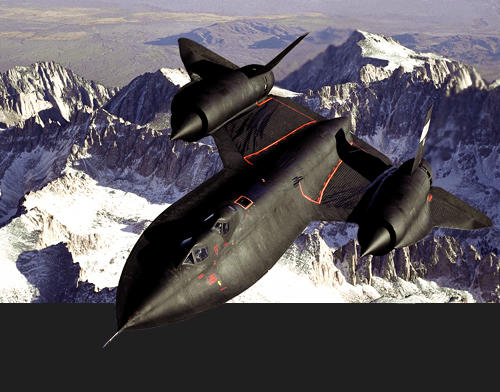About the same, or even faster
John Gruber writes about hardware (i.e. physical) keyboards on mobile phones. I mostly agree with him on this one: they are, for the most part, useless and the iPhone is --- at least --- not hurt (in my view much better off) without one. There are, of course, some distinct advantages to having any form of physical controls on a device, including using the device without looking at it, but there are several drawbacks too, while at the same time the numerous advantages to having an on-screen 'virtual' keyboard more than make up for the lack of a physical one, both for design and usability reasons. In the end it's probably a personal preference thing, but I for one have been waiting for an all-screen, no-keyboard device like the iPhone for years and I'm sure happy it's here the way it is.
Oh and by the way, I probably type faster (and more accurately) on my iPhone than I would ever type on a BlackBerry device or Pré with their miniature keys that seem designed for children and the relatively tacky feel; it took less than a few days after getting my iPhone to getting used to the auto-correction system and a few more days before my typing performance stabilised to an acceptable level for dealing with emailing etc. Finally, the auto-correction on the iPhone seems to work admirably well with Greek too [for those eager to remind everyone that Apple has a parochial mindset; it does, but it doesn't apply here].

